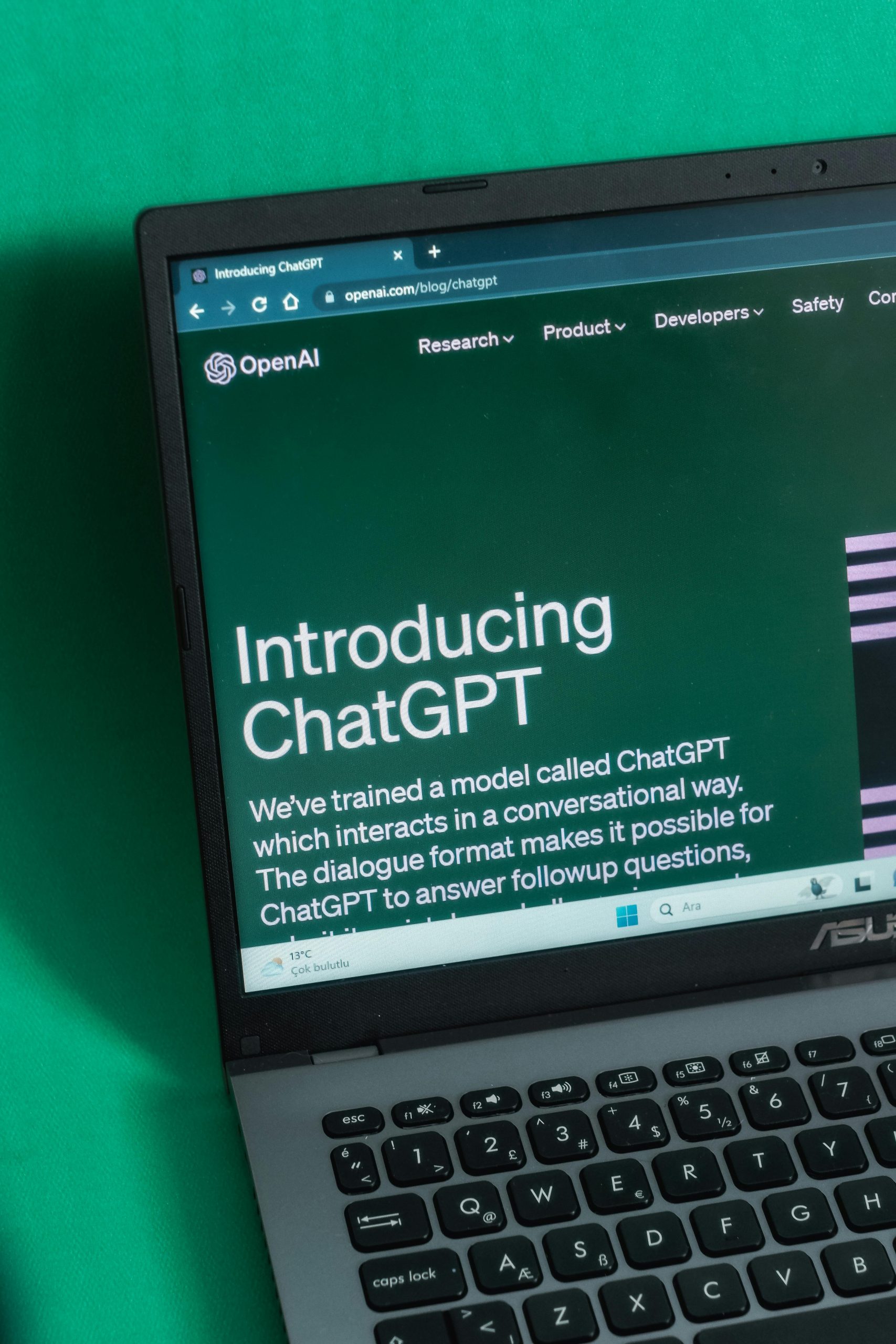Are there any products similar to ChatGPT that do not behave like Ned Flanders?
Exploring AI Language Models: Alternatives to ChatGPT with Predictable Responses
In recent years, AI-powered conversational agents have transformed the way we interact with technology. Among these, OpenAI’s ChatGPT has garnered widespread attention for its advanced language understanding and versatility. However, there are users who seek alternative AI tools that respond in a more straightforward and predictable manner—characterized by delivering exactly what is asked, without unnecessary embellishments or unintended nuances.
This desire stems from the need for reliable AI that strictly adheres to user instructions, avoiding behaviors or responses that might come across as overly cautious, whimsical, or inconsistent—sometimes reminiscent of overly cheerful or squeaky personas like Ned Flanders from “The Simpsons.” For some professionals and hobbyists alike, having an AI assistant that responds simply and directly is crucial, especially in contexts requiring clarity and precision.
The Quest for Predictable AI Models
While ChatGPT represents a state-of-the-art conversational AI, it is designed to prioritize safety, politeness, and contextual appropriateness. As a result, it occasionally filters or moderates responses that might be interpreted as complex or potentially problematic—sometimes leading to responses that feel overly cautious or even “polite to a fault.”
If you are seeking AI models that mirror the capabilities of ChatGPT but behave in a more neutral or straightforward manner—delivering responses that are exactly aligned with your requests—you might consider exploring alternative platforms. Here are some options that have been discussed within the AI community:
1. Open-Source Language Models
Open-source models like GPT-J, GPT-Neo, or LLaMA can be configured to operate with fewer moderation layers. These models allow for more direct control over output behavior, enabling users to tailor responses to suit specific needs. However, this flexibility often comes with increased responsibility to manage safety and appropriateness.
2. Customizable AI Frameworks
Tools such as the Befree or AI communities utilizing fine-tuning techniques can help create specialized models that adhere strictly to user instructions. These custom models can be trained or modified to avoid behaviors deemed unnecessary, making them more suitable for users who require precision and predictability.
3. AI Chatbots with Minimal Moderation Layers
Some chatbot implementations built on open models or platforms like Rasa or Botpress can be configured with minimal moderation, resulting in responses that are direct and to the point. These setups may require technical expertise but offer greater control over interaction style.
4. Alternative Commercial AI Services














Post Comment